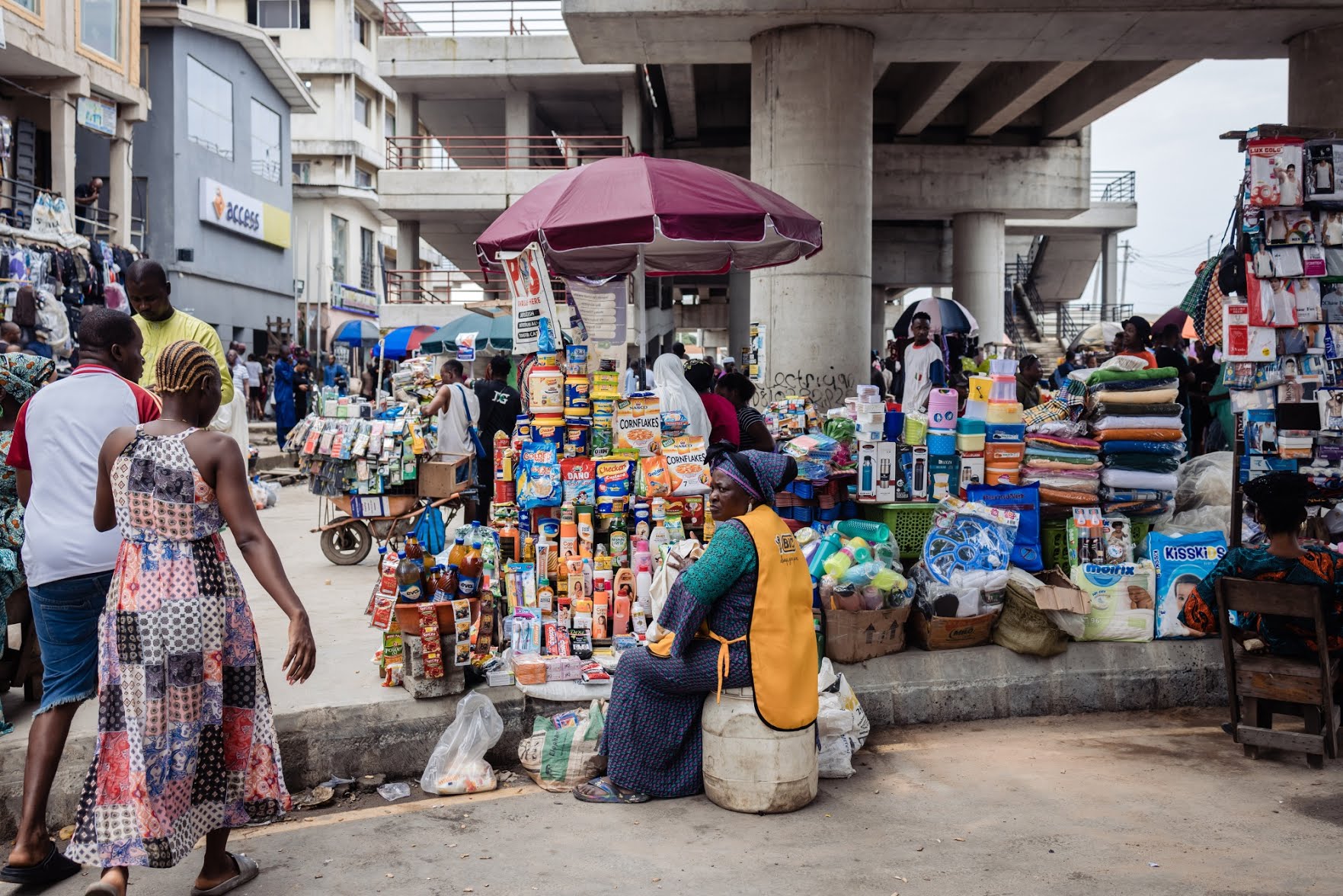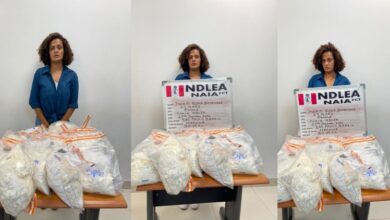Headline Inflation Surged To 33.88% In October Amid Remittance Inflows Decline
...Average Capacity Utilisation Dropped To 51%

By Edu Abade
The Consumer Price Index (CPI) and Inflation Report just released by the National Bureau of Statistics (NBS) for October has shown that headline inflation increased to 33.88 percent from 32.70 percent in September and 27.33 percent a year ago.
The headline inflation surged due to rising food prices for commodities such as guinea corn, rice and maize grains just as food inflation increased to 39.16 percent from 37.77 percent in September and 31.52 percent in October 2023.
At the state level, Bauchi recorded the highest inflation rate at 46.68 percent, while Katsina had the lowest at 29.59 percent. Sokoto witnessed the highest food inflation at 52.18 percent, while Rivers had the lowest at 33.87 percent.
Responding to the report in its Nigeria Economic Update Issue 43, the Centre for the Study of the Economies of Africa (CSEA) expressed concern that the continuous rise in inflation could further worsen Nigerians’ already weakened purchasing power. Unchecked high inflation might result in social unrest, as more Nigerians are unable to afford essential items they could buy a year ago.
CSEA, therefore, charged the government to tackle inflation head-on, insisting that food inflation can be reduced by addressing security concerns, increasing agricultural productivity and reducing post-harvest losses arising from poor storage infrastructure and weak transport networks.
Also, the Central Bank of Nigeria’s (CBN) international payment data has disclosed that remittances in the first nine months of 2024 amounted to $1.54 billion, a 16.7 percent decline from $1.85 billion recorded in the same period in 2023.
Remittances refer to amounts sent by individuals working abroad to support their families and loved ones in their home country. The decline in remittances may be attributed to a weakening global economy and a weak domestic currency.
Over the last decade, remittance inflows played an important role in the Nigerian economy. Remittances help households with members in a foreign country to meet basic expenses such as education and healthcare. It is also an important source of foreign currencies and contributes to the country’s foreign exchange reserves.
Beyond subsistence purposes, remittances are also channels into productive investments, in turn, bolstering economic growth. While the Federal Government might have limited influence on the global economy, policies aimed at improving the domestic business environments could help reverse the declining remittances trend.
Meanwhile, the CBN’s October 2024 Business Confidence Survey indicates that average capacity utilization fell by 4.3 percentage points to 51 percent from 55.3 percent in the previous month as each sector of the economy exhibited varying levels of capacity utilization.
Specifically, mining and quarrying, electricity, gas and water supplies had the highest levels of utilization in October at 57 percent, followed by manufacturing at 52 percent.
And compared to the average installed capacity of 51 percent, the agriculture sector reported the lowest level of utilization at 48 percent, suggesting there is room to increase the sector output.
The CSEA argued that the low level of utilization is partly due to high interest rates, insecurity, complex tax structures and inflation, maintaining that these factors have all contributed to a less advantageous business environment, resulting in lower capacity utilization.
“Declined capacity utilisation signals a negative consequence on the economy which could result in output levels below potential and low export volumes. Low capacity utilization posits a challenge to the aspiration of the government to achieve a $1 trillion economy by 2030.
“Hence, the government needs to address the insecurity issue, prioritize infrastructure development and maintenance, lower the interest rate, and improve the efficiency of energy sources and alternatives,” the report concluded.











